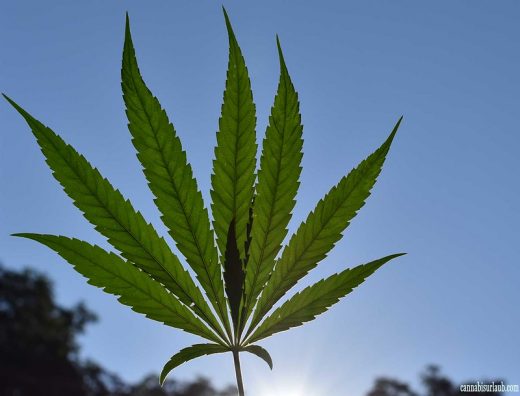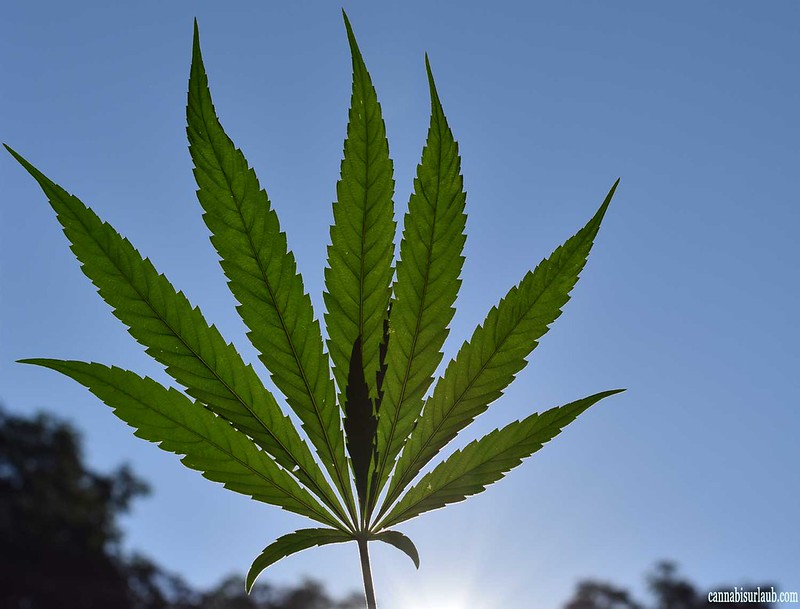COMPARING CBD AND THC: THE ADVANTAGES, DIFFERENCES, AND EFFECTS
COMPARING CBD AND THC: THE ADVANTAGES, DIFFERENCES, AND EFFECTS
Cannabidiol has become popular for its many medicinal benefits. However, despite the proliferation of CBD-related products in local stores, the majority of users have a difficult time telling the difference between THC (Tetrahydrocannabinol) and CBD (cannabidiol). The common assumption is that both chemical compounds are the same since they are manufactured from similar cannabis plants. However, this assumption is far from the truth.
While it is true that tetrahydrocannabinol and cannabidiol are both manufactured from the cannabis sativa plant, they have different chemical structures, meaning that they affect our endocannabinoid systems in different ways. However, they are both helpful in relieving or treating several health issues such as insomnia, anxiety, pain, inflammation, etc.
In this post, we will take a quick look at the advantages, differences, and adverse effects of both chemical substances.
THE ADVANTAGES
THC and CBD have a lot in common when it comes to the effects they have in relieving or treating health issues. However, you may need to tweak the dosages to get the same results.
Typically, most CBD users tend to use CBD-based products to help in treating several health issues such as depression, epilepsy, inflammation, migraines, pain, psychosis, and many more. However, THC users tend to use THC products to treat insufficient appetite, insomnia, glaucoma, or muscle spasms, etc.
However, both chemical substances are excellent in managing pain, severe anxiety, and nausea.
THEIR DIFFERENCES
While both tetrahydrocannabinol and cannabidiol can be found in hemp and marijuana, their concentrations in both products are significantly different. This difference is the reason why people who consume hemp do not feel high or euphoric, unlike marijuana users. You should know the differences between tetrahydrocannabinol and cannabidiol. This information isworth reading so that you can accurately choose which product is best for you.
Here are a few obvious differences between Tetrahydrocannabinol (THC) and Cannabidiol (CBD):
● EUPHORIA: While there are lots of similarities in the effects of tetrahydrocannabinol and cannabidiol on the human body, there are also differences in the way they affect our brain receptors. One of those variations is the euphoric and high feeling associated with the use of marijuana (THC) that is absent in the use of CBD (Hemp). Hence, CBD dominated medical marijuana doesn’t get you high, unlike THC dominated medical marijuana.
● THEIR SOURCES: Despite the general misconception that both cannabidiol and tetrahydrocannabinol come from the same plant, there are still a few variations in their sources. Yes, you can find both tetrahydrocannabinol and cannabidiol in both marijuana and hemp plants; however, cannabidiol has to be manufactured from the latter plant to be treated as a legal substance that is suitable for medical purposes. On the other hand, the levels of tetrahydrocannabinol in marijuana plants are very high; hence, the reason why it is treated as an illegal substance and unsuitable for medical purposes because of the high feeling it generates among users.
ADVERSE EFFECTS
According to the WHO (World Health Organization), there are no known adverse effects from the consumption of CBD products. However, THC consumption often presents a few adverse effects such as memory loss, red-eye, or enhanced heart rate, etc.
BOTTOM LINE
The major variation between both chemical compounds is the euphoric and high feelings that are present with the use of tetrahydrocannabinol and absent in the use of cannabidiol. Otherwise, their effects on the body are the same.
About the Author: Erica Brenda
Author bio – Erica Brenda is a health and fitness enthusiast who researches and writes a lot about these topics. With an interest in hemp CBD and its connection to the health of human beings, she has been studying this topic a lot. This is just one of the many publications she has done.
(54)



